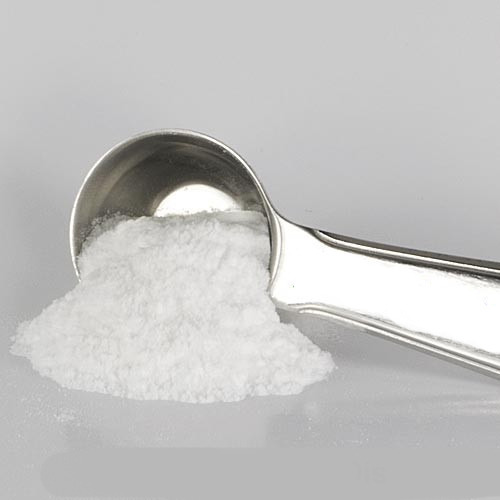Calcium Disodium EDTA, also known as ethylenediaminetetraacetic acid, is a chelating agent widely used in various industries and applications. It is a synthetic compound that can form stable complexes with metal ions, making it useful in many different processes. In this comprehensive guide, we will explore the applications, safety, and potential side effects of Calcium Disodium EDTA.
Applications of Calcium Disodium EDTA:
Food and Beverage Industry:
Calcium Disodium EDTA is commonly used as a food preservative and stabilizer. It helps prevent oxidation and discoloration in processed foods, extending their shelf life. Additionally, it is used to enhance the effectiveness of antioxidants in food products, such as canned fruits and vegetables, salad dressings, and carbonated beverages.
Pharmaceutical Industry:
In pharmaceuticals, Calcium Disodium EDTA is utilized as a stabilizing agent to prevent degradation and enhance the efficacy of medications. It can also be used as a preservative in certain formulations, such as eye drops and injectable solutions.
Water Treatment:
Calcium Disodium EDTA plays a crucial role in water treatment processes. It helps to sequester and remove metal ions, such as lead, cadmium, and mercury, from water supplies. By forming stable complexes with these toxic metals, it prevents their accumulation in pipes, fixtures, and water distribution systems, reducing the risk of contamination.
Industrial Applications:
The chelating properties of Calcium Disodium EDTA find extensive use in various industrial processes. It is employed in cleaning products, detergents, and soaps to enhance their effectiveness by binding to metal ions present in hard water, thereby preventing the formation of unwanted deposits and improving cleaning performance.
Safety of Calcium Disodium EDTA:
Calcium Disodium EDTA is considered safe for consumption and use in approved applications when used within the recommended limits. The compound has been extensively studied, and regulatory agencies such as the U.S. Food and Drug Administration (FDA) have determined it to be generally recognized as safe (GRAS).
Side Effects of Calcium Disodium EDTA:
Interactions with Minerals:
Calcium Disodium EDTA can chelate essential minerals like calcium, magnesium, and zinc. Prolonged or excessive intake of EDTA can result in mineral deficiencies. It is crucial to maintain a balanced diet or consult a healthcare professional to ensure adequate mineral intake.
Allergic Reactions:
Some individuals may be sensitive or allergic to Calcium Disodium EDTA. Allergic reactions can manifest as skin rashes, itching, swelling, or difficulty breathing. If any allergic symptoms occur after exposure to Calcium Disodium EDTA, medical attention should be sought immediately.
Kidney Function:
The kidneys play a vital role in excreting Calcium Disodium EDTA from the body. Individuals with impaired kidney function may have difficulties in eliminating the compound efficiently, leading to potential accumulation. People with kidney disease should consult their healthcare provider before using products containing Calcium Disodium EDTA.
Injection Site Reactions:
In medical applications where Calcium Disodium EDTA is administered through injections, localized reactions such as redness, swelling, or pain at the injection site may occur. These reactions are generally mild and resolve on their own.
It is important to note that the safety and side effects of Calcium Disodium EDTA may vary depending on the specific application, dosage, and individual circumstances. It is always advisable to follow recommended guidelines, consult healthcare professionals, and adhere to regulatory standards when using products containing Calcium Disodium EDTA.
Conclusion:
Calcium Disodium EDTA is a versatile chelating agent widely used in the food, pharmaceutical, water treatment, and industrial sectors. Its ability to form stable complexes with metal ions makes it valuable in various applications. When used within recommended limits, Calcium Disodium EDTA is considered safe for consumption and use. However, it is essential to be aware of potential side effects, such as mineral interactions, allergic reactions, and considerations for individuals with impaired kidney function. By understanding the applications, safety, and potential side effects of Calcium Disodium EDTA, individuals and industries can make informed decisions about its use in their respective fields.

